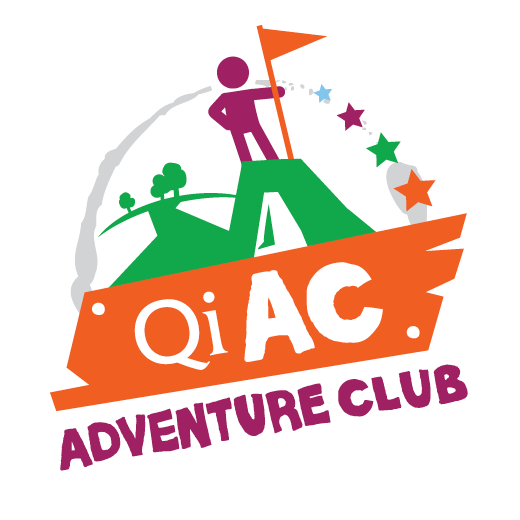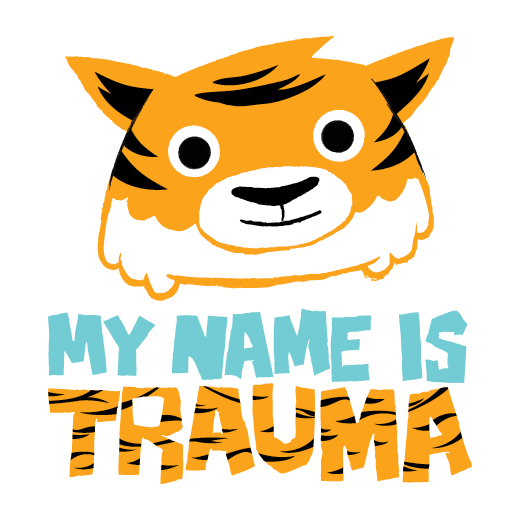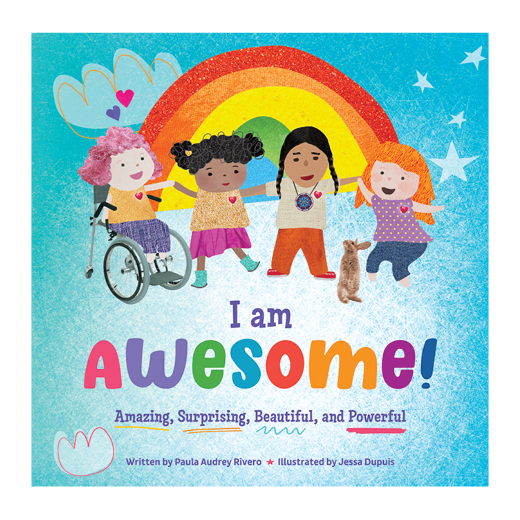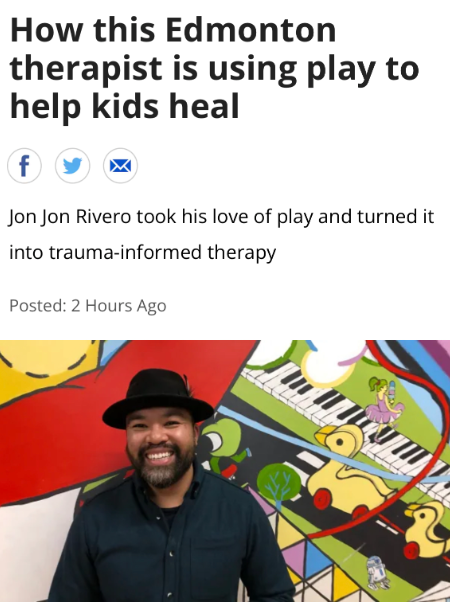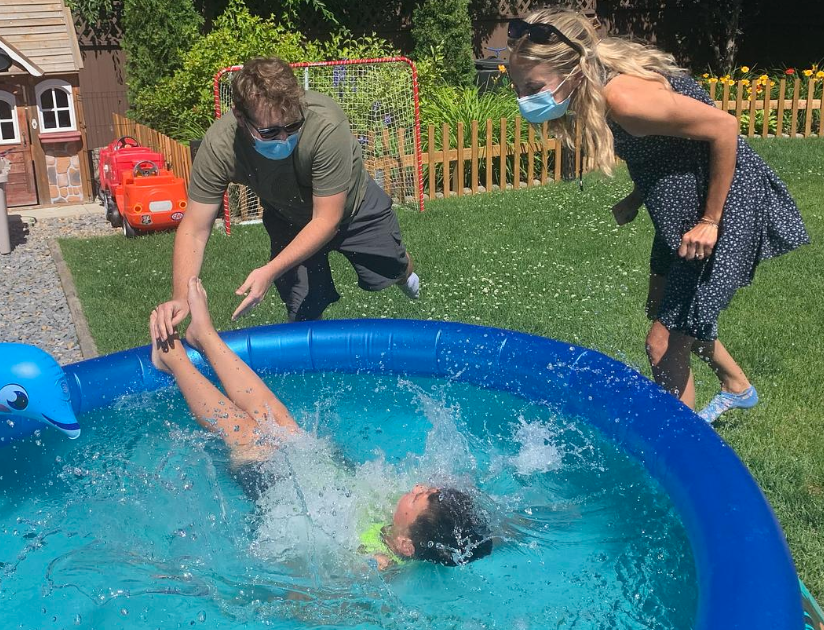Occupational Therapy in Edmonton: What is OT?
A feature of Occupational Therapist and Qi Creative CEO, Jon Jon Rivero, on CBC Radio
In 1920, the Ontario Society of Occupational Therapists (OSOT) became the first professional association for Occupational Therapy in Canada (That’s over 100 years ago!).
For over a century since, Occupational Therapists are found across Canada in a variety of healthcare, rehabilitation and other helping settings, and may also specialize on various niches of human challenges and circumstances (motor vehicle accidents, stroke recovery, pelvic floor recovery).
For many families who learn about us for the first time, Occupational Therapy may sound daunting, confusing, or just unfamiliar. It is more common than you think for families to receive a diagnosis, a referral list of agencies, and to go from there without much guidance.
Looking for Occupational Therapy in Edmonton but not sure exactly how it can help you, your child, or your family? Keep reading to learn more.
What is Occupational Therapy?
Image description: Eli Poultney, an Occupational Therapist, assists a young person with balancing on a skateboard.
Occupational therapy is a type of healthcare that focuses on helping people perform daily activities that they need or want to do in order to live a healthy and meaningful life.
Occupational therapists work with people of all ages (often specializing in specific populations such as pediatrics) to help them develop the skills and abilities they need to perform these activities as independently as possible.
Occupational therapists in Edmonton can support children in many different ways, depending on the child's needs and goals. At Qi Creative, we work with clients in our headquarters in Edmonton, as well as wherever families live in-and-outside of the city. Some common areas of focus for Occupational therapy in our practice include:
Fine Motor Skills
Image description: A child playing with lego bricks.
Occupational therapists can help children improve their hand-eye coordination, grasp, and other skills needed for activities such as holding a pencil, writing, cutting with scissors, using cutlery, tying shoelaces, and zipping and buttoning clothing. In the above photo, we can see how fine motor skills are useful in playing with building blocks.
Gross Motor Skills
Image description: A child having a 'movement break’: jumping up and down, on a couch.
Occupational therapists can help children develop their balance, coordination, and other skills needed for activities such as climbing, running, catching, balancing, jumping up and down, dancing, and riding a bike. Gross motor development can also include working on core and body strength for standing, sitting, and getting around without support (or with modified physical aids)
Sensory Processing
Image description: Coach Connor, Occupational Therapist, and Coach Emily, Speech-Language Pathologist, assist a client with an outdoor inflatable pool in their backyard on a hot sunny day.
Occupational therapists can help children who have difficulty processing sensory information from within and around their environment, such as those with sensory processing disorders, autism, or other developmental delays or disorders. Sensory processing can include taste, touch, hearing, sight, temperature, proprioceptive and vestibular senses.
Furthermore, sensory processing strategies and tools can help with self-regulation, as we all have various sensory and regulation activities (favourite foods, listening to music, working out, taking a bath or shower, swinging on swings, deep pressure hugs, or finding a quiet dark place for a nap) that we like to do.
If you’re unsure about what your child or teen’s sensory interests and aversions are, one of the things we offer on therapy visits is the completion of a Sensory Profile.
Self Help and Adaptive Functioning Skills
Image description: Coach Emily sits with a client, the both of them with braided hair.
Occupational therapists can help youth develop skills such as dressing, bathing, personal grooming, going to the bathroom, and eating independently. In older kids and teens, this may also include taking medication, calling others on the phone, scheduling appointments, navigating public spaces like museums and movie theatres, and how to calculate and handle money.
Furthermore, much like sensory processing, this can include expanding what children eat, chewing and swallowing food, how to wash your hands or go to the bathroom without being told, learning to put on and remove items of clothing (zippers, buttons, snaps, shoelaces), or carry out daily routines with minimal reminders (or, consulting a visual schedule or chart).
Play and Leisure Skills
Image description: A child learning to ski. They are secured in place with a hula hoop held by an adult, while another adult on skis is beside them.
Occupational therapists can help children develop the skills needed to engage in play and leisure activities on their own, with peers at school, and with their families, which are important for their social, emotional, physical, and cognitive development. What is also important is exploring what types of play and recreation children enjoy, and how best to support them in the play they prefer.
Our Qi Adventure Club offers a variety of adaptive recreation programs throughout the year, including Taekwondo, downhill skiing, nordic skiing, rock climbing, and even tabletop role playing. For over 8 years, our Adventure Club programs have not only been great for recreation, but also opportunities for parents and families to make new friendships!
School and Routine Readiness
Image description: A visual chart of schedules and calendars. The visual charts include pictures relevant to the child’s daily life, as well as pictures of a special interest (trucks, cars, motorcycles, construction vehicles) that they can add and remove.
Occupational therapists can help children develop the skills they need to be successful in school, such as holding onto pencils, handwriting/printing, figuring out the ideal seat/sitting arrangements in the classroom, and developing attention and focus in classroom settings (as well as devising appropriate breaks). They can also help with implementing visual schedules in the classroom, transitioning between classroom activities and recess, and what to do in the moments between the school bus/car drop off and class.
Depending on the school, we collaborate routinely with teachers and school staff to ensure that everyone is on the same page in working on the same strategies and goals, and using the same techniques in the classroom as much as at home.
Collaborate, Create, Coach, and Celebrate
A still from “I Wanna Wash My Hands”, a music video by Noj Noj & Friends (starring Qi Creative Occupational Therapists Jon Jon Rivero and Sam Pathirana)
Qi Creative Occupational Therapists in Edmonton work with children to identify their strengths and challenges, and then develop a plan to help them achieve their goals.
Occupational therapists may use a variety of techniques and tools, such as adaptive equipment, sensory activities, and play-based learning, to help children learn new skills and participate more fully in their daily lives.
In addition to working with children directly, Occupational Therapists may also collaborate with other professionals in Edmonton, such as the Speech-Language Pathologists and Physical Therapists on our team, with teachers and other professionals in the child’s life, and with families (parents, siblings, caregivers) to ensure that children receive the support they need at home, at school, and in the community.
Overall, the goal of Occupational therapy for children is to help them participate in the activities that are meaningful and important to them, and to support their development and independence.
Work with us
Looking for Occupational Therapy in Edmonton for your child, teen, or family? Looking for Occupational Therapists for disabilities, autism, developmental disorders or other life circumstances?
See our Team Page and learn more about our Occupational Therapists!
Visit our Qi Adventure Club page and see what Adaptive Recreation programs we are offering!
Visit our Qi iQ page for awesome, curated learning resources!
Fill out an Intake Form and we’ll be in touch!
Don’t live in Edmonton? No problem! Learn more about our Remote practice model.
